Salesforce Certification Training
Salesforce Certification Training by Trainerkart will help you become an expert in Salesforce by mastering topics such as SFDC Data Model, SFDC Security Model, Salesforce 1, Lightning App Builder, Apex, and VisualForce. It is aligned to SFDC ADM 201 and App Builder Certification.
Why this Salesforce Certification Training course?
- As per Business Insider, SFDC Developer & Architect has highest average salary across all jobs
- As per Indeed.com data, 200% global jump in Salesforce jobs since Jan 2014
- 200,000 companies worldwide use the Salesforce platform
Please follow us on Facebook, Twitter, LinkedIn, Google+, YouTube, etc., and share your experience with our Salesforce Training.
Key Features
- 40 hours of Interactive Classroom
- 100% Money-Back Guarantee*
- Real-life Projects
- Group Activities for better reinforcement
- Real-world examples from various industries
- Industry based case studies
- Trainers’ Notes, Sample Question Paper & Case Studies
- 24/7 customer support
Salesforce Certification Training FAQ
Q. About Salesforce Training
Trainerkart’s Salesforce Certification Online Training will make you an expert in all the concepts related to administration and declarative development options. It will introduce you to advanced developer options like Apex and VisualForce. It will also help you prepare for Salesforce Certification (both SFDC Admin 201 & App Builder Certification)
Q. Why Learn Salesforce?
After the successful completion of the Salesforce Certification Training: Admin 201 & App Builder by Trainerkart, you will be able to understand:
- Different building blocks of Salesforce
- The data model
- The security model
- The business process automation options
- The Sales Cloud and Service Cloud modules
- The reports and dashboard
- Salesforce1, SalesforceA, Chatter, and Social features
- Introduction to Apex
- Introduction to VisualForce
- Introduction to various integration options like SOAP, REST APIs
Q. Who should go for Salesforce Certification training?
This Salesforce Certification training at Trainerkart is suitable for all professionals who are passionate about CRM and cloud computing. But typical profiles, but not limited to, who go for salesforce training are:
- Siebel and other CRM products professionals
- Experienced professionals who are looking to have an exciting career in the leading Cloud Computing platform
- Functional consultants who are looking to switch to salesforce
- Freshers who are looking to get a jump start on their careers in Cloud computing
- Lateral developers who have worked in Java, mainframe, and C# and are looking for a boost to their career from a legacy platform
Q. What are the pre-requisites for Salesforce Certification training?
Salesforce Certification training at Trainerkart does not require any specific pre-requisites. But any working knowledge as an administrator or a developer or a functional consultant will be handy
Q. Who is the Instructor at Trainerkart?
All the instructors at Trainerkart are practitioners from the industry with minimum of 10-12 years of relevant IT experience. They are subject matter experts and are trained by Trainerkart for providing an awesome learning experience.
Q. What if I have more queries?
You can give us a CALL at +1 832-548-0612 OR email at info@trainerkart.com
Exam And Certification
Trainerkart Certification Process
- Once you are successfully through the project (Reviewed by a Trainerkart expert), you will be awarded Trainerkart’s “Salesforce Expert Certificate”.
- Trainerkart certification has industry recognition and we are the preferred training partner for many MNCs e.g.Cisco, Ford, Mphasis, Nokia, Wipro, Accenture, IBM, Philips, Citi, Ford, Mindtree, BNYMellon, etc. Please be assured.
Course Agenda
Introduction to cloud computing & SFDC
Learning Objectives: In this module, you will understand the concepts of cloud computing, different products, and editions of SFDC & their benefits.
Topics: i) History of computing ii) Service & deployment model in cloud iii) Benefit & edition of SFDC iv) Types of sandboxes and their features
Introduction to Force.com platform & student master app
Learning Objectives: In this module, you will understand how to build a custom app on Force.com, and different licenses in SFDC.
Topics: i) How to sign-up for the developer environment of Salesforce ii) User licenses & license types iii) Introduction to student master app iv) How to create an app, object, and tabs v) How to look at standard objects such as accounts, opportunities, and contacts
Understanding SFDC Data Model, Objects, Relationship & Fields
Learning Objectives: In this module, you will understand standard & custom objects, fields, and datatypes, various relationships, lookup filters, and schema builders in SFDC.
Topics: i) Create Custom Objects and understand properties in the Object definition section ii) Customize standard objects iii) Create Master-Detail Relationship between two objects iv) Create a lookup relationship between two objects v) Create a many-to-many relationship between objects vi) Create lookup filters to restrict the number of records in a relationship vii) View the objects created in Schema Builder viii) Delete a few custom fields and understand the implications ix) Create different field types in the student app
SFDC Security Model: Org-Level General administrative features and Object Level features
Learning Objectives: In this module, you will understand different levels: Org-level, Object-level, Record level; Org-level – Profile and Permission sets Login hours; network level; and Object Level – Profile and Permission sets.
Topics: i) Create Custom Objects and understand properties in the Object Definition section ii) Customize standard objects iii) Create Master-Detail Relationship between two objects iv) Create a lookup relationship between two objects v) Create a many-to-many relationship between objects vi) Create lookup filters to restrict the number of records in a relationship vii) View the objects created in Schema Builder viii) Delete a few custom fields and understand the implications ix) Create different field types in the student app
SFDC Security Model: Object, Record, and Field Level features
Learning Objectives: In this module, you will understand Organization-wide defaults, Role and Role Hierarchy, Criteria based sharing, Manual Sharing, and Apex sharing reasons.
Topics: i) Introduction to Organization-wide defaults ii) Introduction to Role and Role Hierarchy iii) Introduction to record sharing – Criteria based, Apex and Manual.
Business Logic
Learning Objectives: In this module, you will learn to work on custom and standard objects; Enforcing Data Quality, Integrity, and Validation rules.
Topics: i) Identify the need for different business processes for different departments and leveraging record types and page layout, Need for formula fields and different types of functions, Different ways to enforce data quality, Perform basic field level validations
Business Process Automation
Learning Objectives: In this module, you will learn to work on workflow rules; learn about the capabilities and use cases for the approval process, and Introduction to Lightning Process builder.
Topics: i) Workflow features and options ii) Approval features and options iii) Limitations and considerations for using workflow and approvals iv) Introduction to Process builder v) Compare Workflow, Approval, and Process Builder features.
Learning Objectives: In this module, you will understand different sales processes in any organization, Sales Productivity Features, Lead management, products and price books, campaign management
Topics: i) How to capture leads from the website and lead assignment rules ii) Customise Lead iii) create a queue, key sales objects accounts, contacts, opportunity iv) How to use Chatter for collaboration in the sales process across teams v) Reports -Standard and Custom reports
Introduction to Service Cloud
Learning Objectives: In this module, you will learn about the capabilities of case management, solution management, community management, and salesforce knowledge
Topics: i) Capture cases from a website and email ii) Customize case process, Solutions, Communities, and Salesforce Knowledge
Data handling and processing
Learning Objectives: In this module, you will learn tools and use cases for managing data, capabilities, and implications of the data validation tools, and different ways to back up data
Topics: i) Data Handling and Processing Overview ii) Exporting data and regular backup iii) Importance of record IDs iv) Installing Apex Data loader v) Use the Import Wizard and Data Loader vi) compare the features, Update, Upsert operations, Delete and Hard Delete records vii) Transfer record ownership
Reports and Dashboards
Learning Objectives: In this module, you will learn how to create or customize a report, the impact of the sharing model on reports, options available when creating and modifying dashboards
Topics: i) Execute a report with and without modifications ii) Create a tabular report, summary, and matrix report iii) Add a chart and a few other features like highlighting iv) Create a custom report type and store it in a folder v) User filters in reports vi) Create a dashboard
Salesforce 1, Lightning App Builder, Salesforce A, Outlook
Learning Objectives: In this module, you will learn about the capabilities of Salesforce1 and Salesforce and the installation and synchronization options of Salesforce for Outlook
Topics: i) Customizable parts of the SF1 app ii) Security and customizable settings iii) Navigation menu, Compact layouts, and Mobile cards iv) Basic admin activities on Salesforce A v) Outlook and SF synch up
Activity Management, AppExchange, Content and folder management
Learning Objectives: In this module, you will learn use cases for AppExchange applications, and describe the capabilities of Salesforce Content, and activity management
Topics: i) Activity management – Tasks, Events, and Open activities ii) Creating and tracking tasks and events iii) Folders and Document templates iv) AppExchange
Chatter, Global action, and Publisher Layouts
Learning Objectives: In this module, you will learn about the Global action and publisher layouts and the features of Chatter
Topics: i) Chatter groups, feeds, people, Files, Follow records, people, groups Topics and Files ii) Global action types-Create, Log a call, Custom VF page, Custom canvas, Publisher layout, Global and Object-specific actions
Introduction to Apex Programming
Learning Objectives: In this module, you will understand the building blocks of the Apex language, different data types, and data retrieval options in the apex
Topics: Class, Methods, Data types, Collections, Anonymous blocks, SOQL and SOSL
Exception Handling, Testing, and Debugging
Learning Objectives: In this module, you will understand exception handling techniques, unit testing options and requirements, and debugging and troubleshooting
Topics: Exception handling, Unit testing, and Test methods Debugging
Triggers, Governor Limits, DMLs
Learning Objectives: In this module, you will understand various database operation options available, apex triggers, and the best practices and governor limits
Topics: DMLs and Database operations, Triggers, Bulkification
Introduction to VisualForce
Learning Objectives: In this module, you will understand VisualForce and the limitations of page layouts, understand scenarios to go for VisualForce instead of declarative options and page layouts
Topics: Introduction to VisualForce, Scenarios to use VisualForce
Visual Force and Apex
Learning Objectives: In this module, you will understand standard and custom controllers, how to leverage VisualForce and Apex to meet your requirements
Topics: Introduction to custom and standard controllers, How to leverage apex and VisualForce (VF)
Introduction to various integration options in SFDC
Learning Objectives: In this module, you will understand various integration options available in SFDC
Topics: Introduction to integration of different options (Theory only ), REST, SOAP, XML, JSON, BULK API, Streaming API, Chatter API, Salesforce to Salesforce
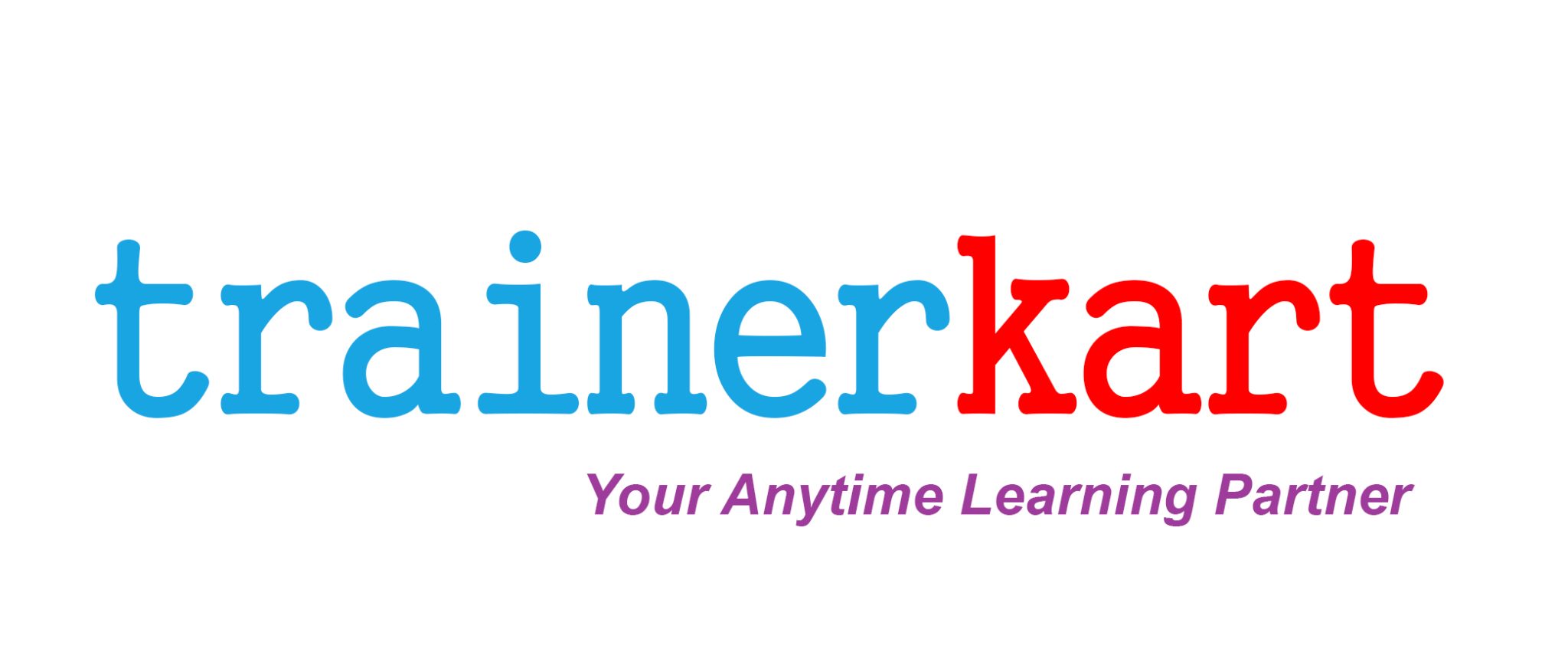
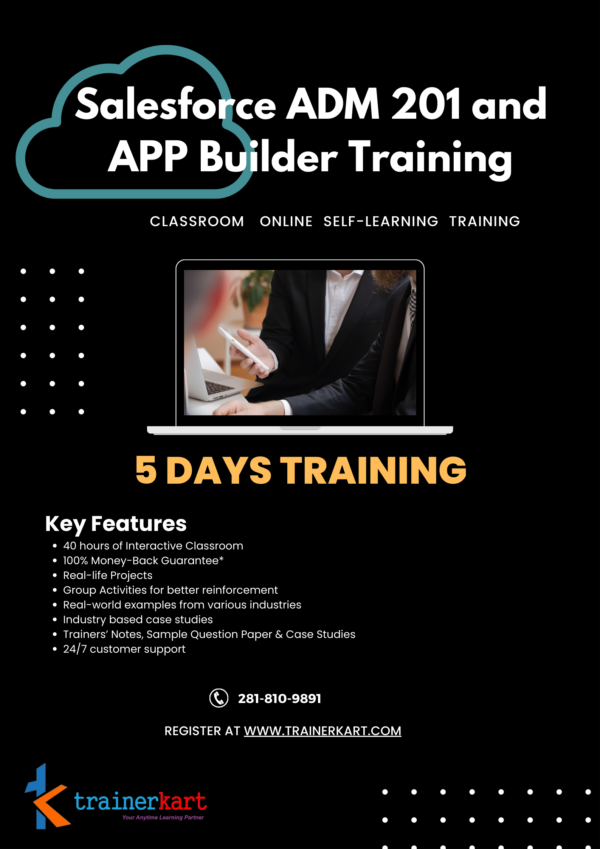
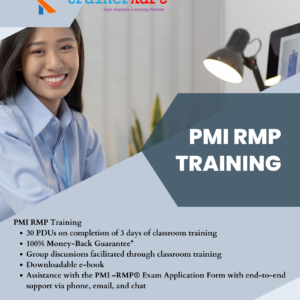
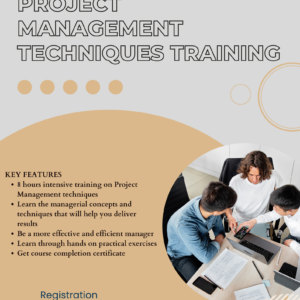
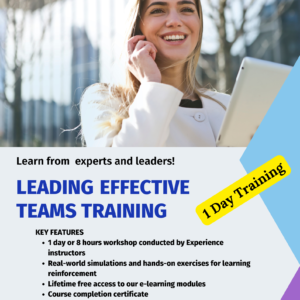
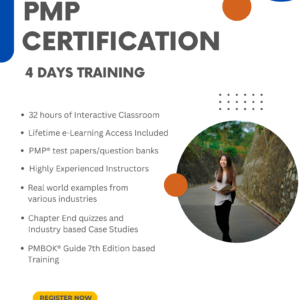
George Walton
Trainerkart’s commitment to a dynamic and interactive learning experience was remarkable. The engaging training sessions and hands-on exercises allowed me to practice my skills effectively. The trainers’ passion for teaching and their ability to provide valuable insights made the learning process enjoyable and rewarding.
Date of Experience: February 24, 2023.
David H Wilkinson
My experience with Trainerkart’s Virtual Online Sales Force ADM 201 and App Builder Training was nothing short of fantastic. The trainers’ patience, dedication, and use of practical examples made complex Salesforce concepts easy to grasp and apply. I felt fully supported throughout my learning journey, and I am grateful for the valuable insights and knowledge gained from this exceptional training program.
Date of experience: November 25, 2022
Frank Thomas
Trainerkart’s Virtual Online Sales Force ADM 201 and App Builder Training truly exceeded my expectations. I can’t express enough how grateful I am for the trainers’ personalized approach and unwavering support. Thanks to their guidance, I not only understood these concepts but also gained the confidence to apply them effectively in real-world scenarios.
What set this training apart was the human touch. The trainers didn’t just deliver information; they genuinely cared about my success. They took the time to understand my learning style and provided the support I needed to thrive. Their ability to break down complex ideas into digestible knowledge made the learning process enjoyable and accessible.
I am incredibly grateful to Trainerkart as it has equipped me with valuable skills and knowledge that will undoubtedly propel my career in the Salesforce ecosystem. If you’re looking for a training program that combines expertise with genuine support, I wholeheartedly recommend Trainerkart.
Date of experience: April 28, 2023.